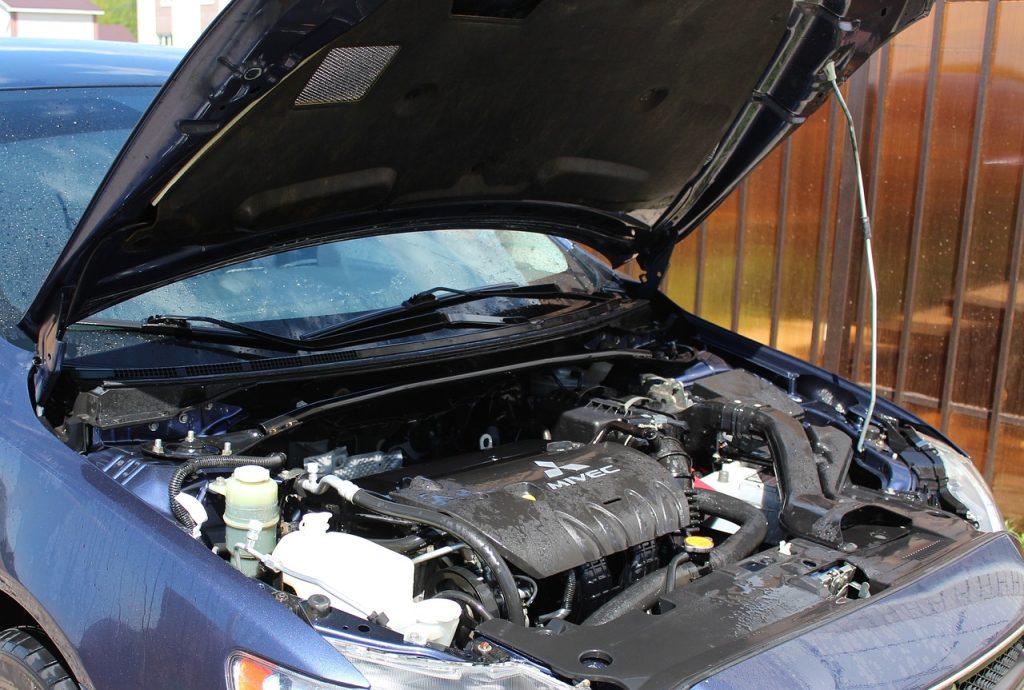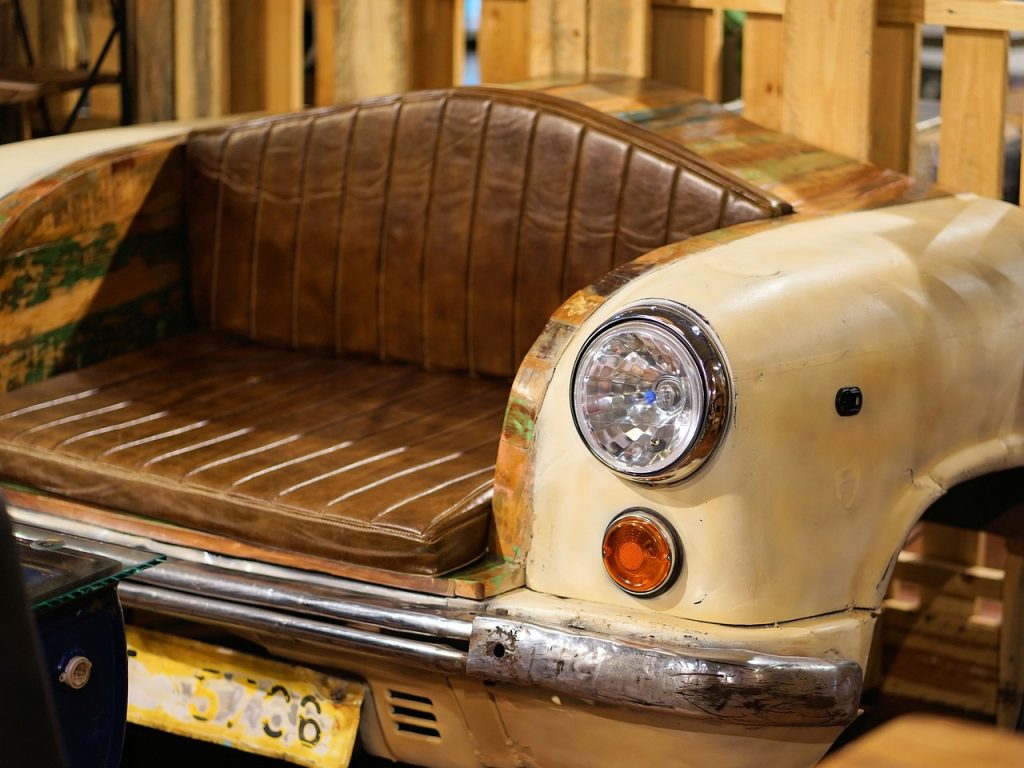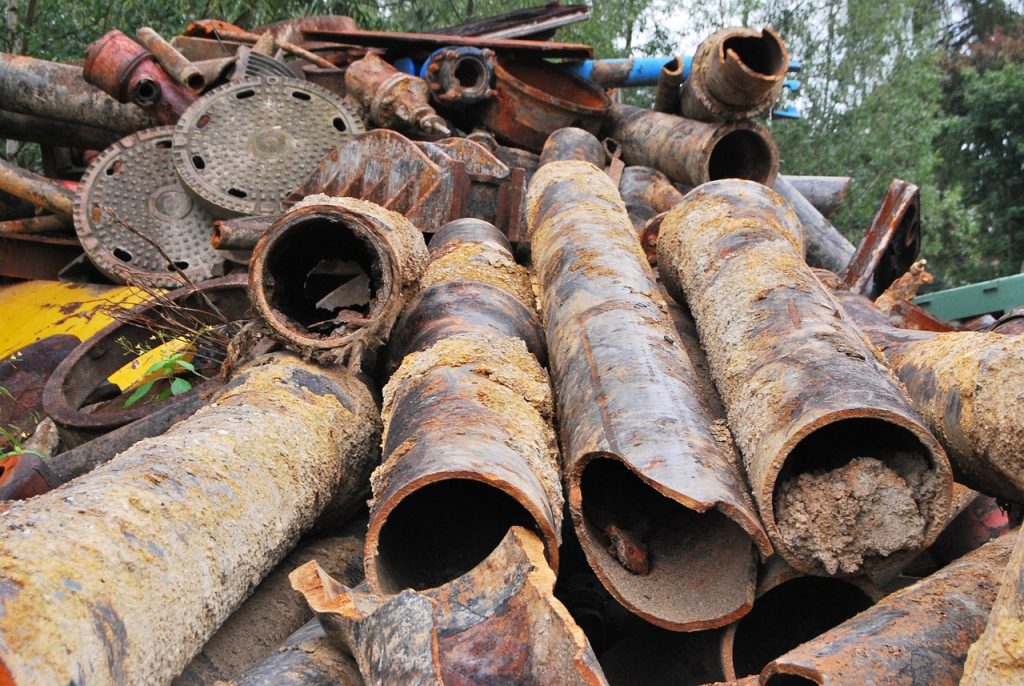- Visually analyze the catalytic converter for its type.
- Categorize the converter based on its kind and precious metal content.
- Ensure recycling is done by certified recyclers due to hazardous materials within.
- Extract precious metals like platinum, rhodium, and palladium without harming the environment.
- Contribute to reducing the demand for mining by recycling these metals.
- Encapsulate potential pollutants to prevent their release into the environment.
- Promote responsible recycling practices among auto repair shops, scrapers, and car owners.
Understanding Catalytic Converter Scrap Recycling: Technology, Metals, and Groups
Catalytic converter recycling is a lucrative industry that has gained considerable traction due to the high value of precious metals such as platinum, rhodium, palladium, and copper found in these converter devices. In the complex world of recycle catalytic converters, understanding the technology behind these items and the intricacies of their makeup can be crucial.
Every catalytic converter features specific technology and a unique blend of valuable metals to effectively reduce the toxic gas emissions of vehicles. This makes each scraped or recycled catalytic converter a veritable treasure chest of valuable resources, necessitating catalytic converter recycling to minimize waste and promote sustainability.
Metals used in the production of catalytic converters are often group metal, such as platinum and rhodium. These are referred to as ‘precious metals,’ not just because of their high market value but also due to their essential role in facilitating the catalytic reaction that makes converters effective. The catalytic converter’s structure is often layered, with each containing these metals catalytic, that initiate various chemical reactions reducing car emissions.
However, recycling these valuable metals presents its array of challenges. The technology facilitating proper catalytic converter recycling must be sophisticated enough to extract these metals without causing any environmental harm. It’s precisely where a commodity like the scraper comes into play. A competent scraper is often the first-hand customer in the catalytic converter recycling line, purchasing discarded catalytic converters from auto repair businesses or individual car owners.
How you can recycle catalytic converters you might ask? Well, the scrap catalytic converter is first, visually analyzed for its kind and categorized accordingly. Due to the high cost of platinum, rhodium, and other precious metals used in its making, a scrap catalytic converter can often make a good sum of money when recycled. However, due to the hazardous materials within, only certified recyclers are permitted to recycle these items.
Efficient recovery and recycling of these costly precious metals not only protect the environment by reducing the demand for mining but also present economic benefits. Each recycled catalytic converter contributes to a less polluting, more sustainable car industry. When recycled, these potential pollutants are safely encapsulated, stopping their release into the environment. Hence, recycling catalytic converters is not just a contributing factor towards a cleaner, greener world, but is also a profitable enterprise.
So, let’s recycle, reuse, and reduce potential waste. Whether you’re an auto repair shop, a scraper, or a car owner, each one of us has a part to play in promoting the responsible recycling of catalytic converters and the precious metals found within. From the platinum in every catalytic converter to the copper and group metal in each device, every single piece matters. So let’s take the wealth that’s often disregarded and turn it into a profitable venture that’s beneficial to both parties and our beloved environment.
How to Sell Scrap Catalytic Converter for Recycling: A Step-by-Step Guide
Selling scrap catalytic converters has emerged as a popular way to cash in on doing a bit for the environment. When you decide to sell your scrap catalytic converter for recycling, you’re actually aiding in the promotion of catalytic converter recycling, an eco-friendly process that effectively reuses old materials. With the right equipment, the intricate process of catalytic converter recycling can smoothly ensue. It involves the recovery and recycling of precious metals contained within the device, including platinum rhodium.
But how exactly does one sell a catalytic converter? The process of selling your old catalytic converter online has been simplified over the years, allowing you to get a quote, or catalytic converter price, in just a few clicks. You start by identifying the make and model of your scrap catalytic converter and input this information on the scrap purchase website. You could either take a picture or describe the item in detail. Make sure you express any damage to ensure your quote is accurate.
Next, the selling online service will quote a price for your scrap catalytic converter. Keep in mind these services must take into account the price of precious metals at the current market rate, its condition, and the type of catalytic converter offered. The converter price, while fluctuating, is typically worthwhile, thanks to its content rich in stainless steel, platinum rhodium, and other valuable substances. Once you’ve received your converter price and if it’s agreeable, you can arrange insurance and shipping for your catalytic converter to be sent to the recycling facility.
Upon arrival at the recycling facility, the catalytic converter is further inspected and valued. The inner part of the converter, containing stainless steel and other precious metals, is meticulously separated from the outer shell. The metals, including platinum rhodium, are then carefully extracted and recycled. The equipment used is designed to extract the utmost value out of every converter and limit any waste or emissions. Thus, when you sell your catalytic converter, you’re participating in a process that’s not just profitable, but also sustainable.
Lastly, once the recycling process is complete, payment for your recycled catalytic converter is transferred to you, usually via wire transfer or check. So, as you can see, selling scrap catalytic converters is a simple, but unique method to both fill your pockets and positively impact the environment. If you’ve got an old catalytic converter, keep in mind this hassle-free and beneficial way to recycle catalytic converters. By doing so you’re not merely discarding, but instead recycling a useful and valuable commodity.
Recycling Catalytic Converters: Group Metal Recycling
Recycling catalytic converters doesn’t just help our environmental sustainability, but also delivers a surprising amount of precious metals, majorly from group metals. Catalytic converter recycling is a process that few people genuinely understand, becoming a significant chunk of metal recycling. This market is increasingly becoming more vital for scrap metal recycling, capitalizing on every piece of metal that can be reused.
Catalytic converters are specific car parts designed to help reduce vehicle emissions; as such, they’re made from a mix of metals. At the core, you’re likely to find platinum, one of the rare, notable group metals extracted from these auto parts during recycling. This is where the group metal recycling of catalytic converters comes in.
The term ‘group metal’ refers to a unique set of precious metals found within the catalytic converters. They consist of the Platinum Group Metals (PGMs), comprising platinum, palladium, and rhodium. These precious metals are expensive and in demand due to their incredible ability to withstand high temperatures and corrosion resistance, making them stand out in the manufacturing and industrial sectors.
So, how does one get to recycle catalytic converters? The first thing to understand is that you cannot recycle catalytic converters without the proper equipment. This is because these devices contain trace amounts of several precious metals mixed into ceramics. Therefore, recycling catalytic converters involves extracting these precious and group metals from the ceramics. Specialized machines crush the converters into tiny pieces before passing them through a series of processes to separate the metals from the ceramics.
It’s crucial to understand that catalytic converter recycling is more than just converting old auto parts into precious metals. It’s a growing industry itself, contributing significantly to the environment and economy. When you ‘recycle’ your catalytic converter, you’re not just scrapping metal. You are contributing to reducing mining for new platinum and other group metals, thereby reducing the impact on the environment. So indirectly, you’re also conserving our natural resources!
But before you decide to jump into recycling scrap catalytic converters, it’s crucial to get the value researched. Precious metal prices fluctuate, so the worth of the metals within your catalytic converter can change regularly. Keeping a close eye on these changes can help you determine the best time to recycle and potentially earn you more money.
The bottom line is, catalytic converter recycling is a beneficial chain of action. It not only helps in retrieving valuable group metals but also contributes positively to environmental preservation. Additionally, it aids in avoiding the necessity for further mining for these precious metals by recycling scrap materials readily available in old or redundant vehicles. This is a win-win situation for everyone involved.
Catalytic Converter Recycle: Tools, Technology and DMV Regulations
The world of catalytic converter recycling can seem puzzling if one lacks the necessary knowledge about the tools, technology, and DMV regulations involved in the process. A catalytic converter, in the simplest of terms, is an exhaust emission control device that minimizes the pollution resulting from vehicles by converting harmful gases into less-harmful substances. Over time, these devices undergo wear and tear and need replacing. However, many don’t realize that one can transform these seemingly useless objects into valuable commodities through what many call ‘scrap catalytic converter recycling’. Whatever your reasons may be, whether it’s a commitment to reducing waste or a desire to make some extra dough, the steps to recycling catalytic converters can now be navigated with relative ease thanks to advancements in technology and informative DMV regulations.
The first thing you need to know when diving into the world of catalytic converters is understanding the valuable metals they contain. Precious metals such as platinum, palladium, and rhodium are commonly found in most catalytic converters. By recycling, we not only contribute to a cleaner environment but also lead the way in precious metal recovery. Advanced technology, such as X-Ray Fluorescence (XRF) handheld analyzers, are used to identify and analyze the exact metal composition of the scrap catalytic converter, making it easier to sell at competitive prices. The right equipment can fast track the process and lead to earning substantial bucks from what was previously characterized as mere ‘scrap’.
DMV regulations are equally significant when it comes to catalytic converter recycling. Most areas require you to be a certified scrap dealer or mechanic to be eligible to recycle catalytic converters. Rules vary across states; hence it is crucial to consult your local DMV for guidelines. Some states also necessitate a particular number of vehicles to be dismantled before one can apply to become a certified catalytic converter recycler. Understanding and abiding by these rules is vital to ensure responsible recycling.
In a nutshell, the process of catalytic converter recycling involves using appropriate technology, equipment, and understanding DMV regulations to recycle catalytic converters and recover valuable metals from them. Whether you’re an entrepreneur looking to make some extra money or an environmentally conscientious citizen, derailing from the normality of simply trashing old catalytic converters to taking advantage of recycling opportunities can be an incredibly rewarding endeavor. By recycling, we not only promote sustainability, but our eco-actions also lead to the extraction of precious metals that can be recycled and reused in various sectors. Become a part of the recycling revolution today!
Promoting Catalytic Converter Recycling: Ways to Sell Your Catalytic Converters
Catalytic converter recycling is no longer a secret in the world of scrap metal recycling. Not only does it support the environment, but the procedure can also provide the recycler with a significant return on investment. If you’ve got catalytic converters on hand and are considering recycling them, here’s how you can go about selling them.
Firstly, it’s worth noting that each catalytic converter has a unique price attached to it. Due to the presence of precious Group Metals within, the converter price you get will depend on the type of converter you’re selling, market rates, and the specific materials contained within.
It’s worth comparing the price on various online sources to ensure you get the best deal. Numerous websites offer online quotes for catalytic converter recycling. These quotes are generally based on the make, model, and year of your vehicle, as well as the current price of the Group Metal contained within the converter. Don’t just settle for the first quote you get, always look for the most competitive converter price.
Before you sell your catalytic converter, it’s crucial to ensure you’re selling it to a coverage provider who will recycle it appropriately. Numerous scrapyards and recycling facilities specialize in catalytic converter recycling so try to sell to these outlets. Be aware of the applicable DMV regulations in your region to ensure the process is carried out legally and ethically.
The growing market for recycled catalytic converters has also prompted many recycling facilities to offer lucrative deals for them. Therefore, it’s worthwhile to look for such sites that provide top dollar for scrap catalytic converters.
Additionally, while selling your catalytic converters, remember to negotiate on the price. The price of scrap metal is usually negotiable, so don’t hesitate to bargain for a better deal, especially if you have multiple converters or ones in excellent condition.
Overall, it’s essential to do your research before you sell your catalytic converter. From finding the best quote and understanding the recycling process to knowing the legalities, each step is essential in ensuring effective catalytic converter recycling. Not only are you reducing the demand for new Group Metal extraction, but you’re also making some cash while doing it. What’s better than contributing to sustainability while earning?




